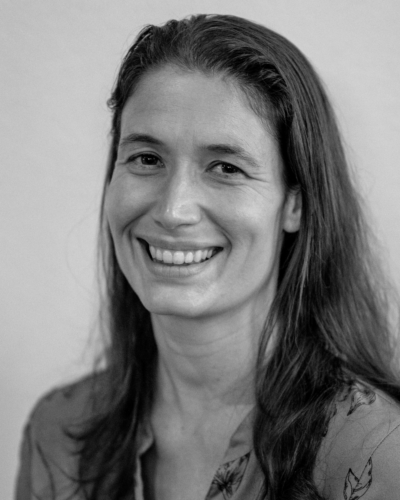Featured Experts

Kimberley K. Mayfield
Research Scientist, Energy Group, and Principal Investigator for Energy Flow Charts at LLNL

Kimberley K. Mayfield
Research Scientist, Energy Group, and Principal Investigator for Energy Flow Charts at LLNL
Kimberley (Kim) Mayfield is a member of LLNL’s Energy Group and principal investigator for Lawrence Livermore’s Energy Flow Charts (https://flowcharts.llnl.gov). Kim works with the Carbon Initiative, which aims to understand, develop, and implement technologies for the removal of carbon dioxide from the atmosphere. Her areas of focus are carbon accounting for carbon sequestration projects and environmental justice analysis for negative carbon emissions projects. Her research background is in environmental chemistry, with an emphasis on non-traditional stable isotope geochemistry in hydrologic systems. Prior to joining LLNL, Kimberley worked in the algal biofuels industry, innovating safe and economically viable ways to extract valuable products from microalgae.

Mark Ducey
Chair, Natural Resources and the Environment, University of New Hampshire

Mark Ducey
Chair, Natural Resources and the Environment, University of New Hampshire
Mark Ducey am a forest biometrician and quantitative silviculturist. Research in his lab focuses on the use of quantitative techniques to describe the structure, function, and dynamics of forests from the stand to regional scales. Although much of the research he and his team performs is centered on the mixed-species forests of New England, his group is engaged in projects elsewhere in the U.S. (such as the Blue Mountains ecoregion in northeastern Oregon), with colleagues in Europe (Norway, Spain), Australia, New Zealand, Costa Rica, and Brazil.
Featured In:

Sara Kuebbing
Director of Research, Yale Applied Science Synthesis Program

Sara Kuebbing
Director of Research, Yale Applied Science Synthesis Program
Sara is the Director of Research for the YaleApplied Science Synthesis Program. Sara is trained as an ecologist with expertise in conservation biology, invasion biology, plant ecology, community ecology, and ecosystem ecology. She conducts research on how humans can make informed decisions on how to best protect and conserve landscapes, ecosystems, and all the species that lives within them. Sara works with a variety of scientists, land managers, and policymakers to focus research questions and share her results.
Featured In:
In this Episode
Forests are important for climate mitigation, acting as living “direct air capture machines” that absorb carbon dioxide, and can also transport and store that CO2 in plant tissues and soils. However, forest management plays a crucial role in maximizing these benefits. There are many opportunities to increase CO2 removal and storage through reforestation and forest management while also supporting wildlife, providing resources for human communities, and maintaining cultural and aesthetic value. Effective forest management should be adaptable to changing circumstances and prioritize resilience in the face of unpredictable events. In this chapter, the Roads to Removal researchers present three case studies based on hardwood forests in the northeast, fire-prone forests in the west, and pine forests in the southeastern Coastal Plains regions. These case studies highlight region-specific management options for carbon removal and storage, tailored to the unique characteristics of each forestland and its communities.
To learn more visit, https://roads2removal.org/